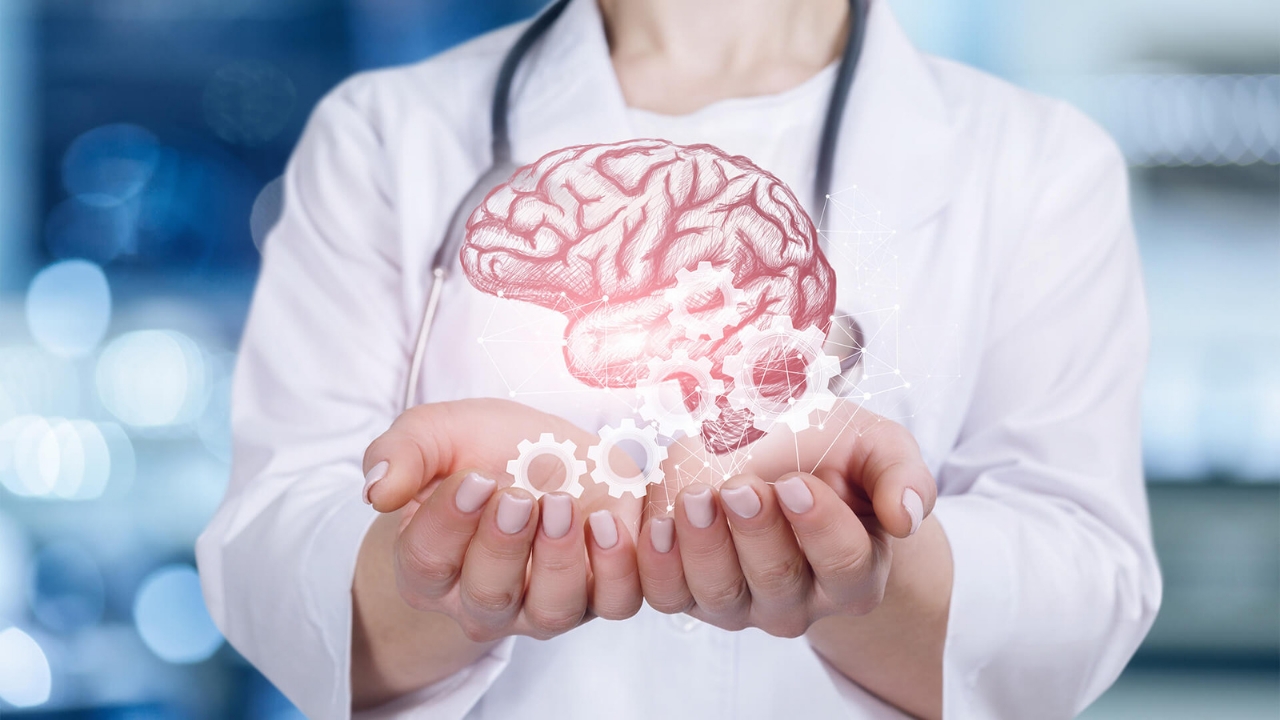CHANDIGARH
The nervous system comprises the brain, the spinal cord, and a network of nerves. The brain control’s our body and it regulates every decision we make. Numerous brain disorders occur due to many health factors. A single part of our brain influences the functioning of our body.
Types of Brain Disorders
Various types of brain disorders depend upon their causes.
Alzheimer’s disease:
Alzheimer’s disease is a progressive neurodegenerative brain disease caused by the death of brain cells. This is a common type of dementia that can lead to progressive memory loss. Other signs of Alzheimer’s disease include confusion, poor memory, behavioural changes, and impaired communication. This is an irreversible brain disorder that ultimately leads to death.
Parkinson’s disease:
This neurodegenerative brain disease can cause severe health disorders in people over the age of 65. Parkinson’s disease has five stages of progression. The main indicators of this disease are confusion and patient imbalance. This symptom of brain damage can ultimately lead to the death of a person. People with Parkinson’s disease may have difficulty talking, eating, walking, or performing simple tasks.
This disease is prone to men or family history.
Huntington’s disease:
It is a neurodegenerative disease in which brain cells are gradually destroyed. Parkinson’s disease is a hereditary disease that can last for generations. It causes uncontrolled movements and can affect emotions. Other symptoms such as depression, impaired judgment, and hallucinations are also common.
Medication and physical therapy aid to improve health.
Amyotrophic Lateral Sclerosis (ALS)
It is a fatal neurodegenerative disease that results in loss of motor functioning. Other symptoms of ALS include seizures, loss of hand control, slow speech etc. Some risk factors for ALS are excess smoke.
Mental illness:
According to one report, one in seven Indians suffers from mental illness. The most common mental illnesses are depression and anxiety.
Post-traumatic stress disorder (PTSD):
Survivors of abuse, accidents, natural disasters, or wars experience PTSD. Studies show that patients with PTSD can experience fear, stress, anxiety, hallucinations, and nightmares. Other symptoms include flashbacks and depression, which cannot be considered. Over 10 million PTSDs occur each year.
Brain tumors:
They are an abnormal growth of the brain, usually caused by cancer.
Brain damage:
Brain damage is a common cause of brain damage that can lead to disability and death in adults. Some brain injuries include blood clots, swelling, stroke, and cerebral haemorrhage. Symptoms of head injuries include numbness in the limbs, bleeding from the ears and nose, memory loss, and even paralysis.

 हिंदी
हिंदी






